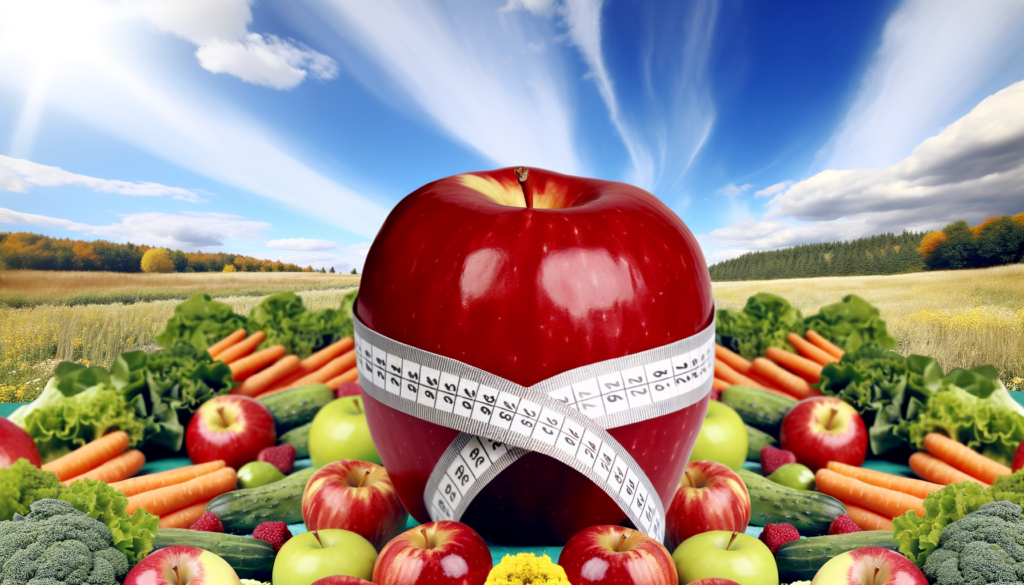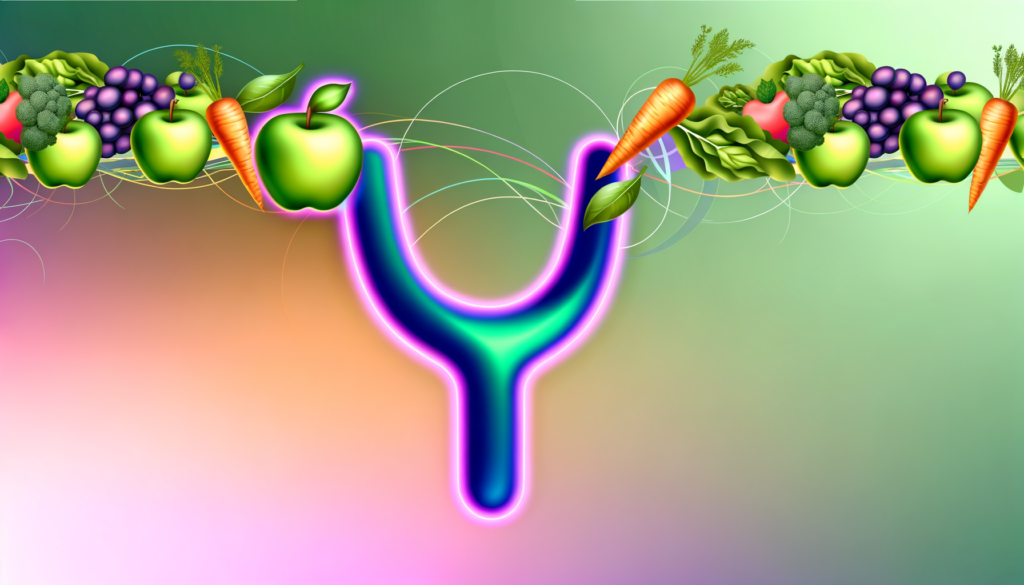The Critical Role of Nutrition in Scar Tissue Healing
When it comes to the healing of scar tissue, nutrition plays a pivotal role that cannot be overstated. The process of wound healing, including the formation and repair of scar tissue, is highly dependent on the body’s ability to utilize various nutrients. Here’s how Calorie Calculator Cloud can support this critical aspect of health.
Understanding the Nutritional Needs for Wound Healing
Wound healing is a complex process that involves several biological and molecular events, including coagulation, inflammation, migration-proliferation, and remodeling. During this process, the body’s demand for certain nutrients increases significantly.
### Caloric Demands
The caloric needs of an individual with a wound are higher than those without. For example, a person weighing 140 pounds may need approximately 1,900 to 2,240 calories per day, depending on the severity and size of the wound. Using a calorie calculator can help determine the exact caloric needs based on individual factors such as weight, activity level, and the stage of the healing process.
### Protein Intake
Protein is essential for collagen synthesis and tissue repair. It helps build new skin and muscle, and its intake should be spread throughout the day. Aim for 25 to 30 grams of protein at each meal and snack occasion. For instance, if you weigh 140 pounds (approximately 64 kg), you would need around 51 to 64 grams of protein per day.
### Carbohydrates and Fats
Carbohydrates are necessary for stimulating the production of insulin, which helps regulate blood sugar levels and supports the repair of damaged skin. However, it is crucial to opt for complex carbohydrates high in fiber and nutrients rather than simple carbohydrates like baked goods and sugary drinks.
Fats, particularly unsaturated fats, are vital for energy and the absorption of vitamins. They supply the necessary energy for the wound healing process and help in the structural functions of cell membranes. Sources of unsaturated fats include avocados, peanut butter, olives, and nuts.
### Micronutrients
Micronutrients such as zinc, vitamins C, E, B12, and iron are crucial for the wound healing process. Zinc, for example, is a component of enzymes that help in wound healing and is found in foods like meat, liver, eggs, and oysters. Vitamin C is essential for building connective tissue and can be found in citrus fruits, strawberries, and leafy greens.
### Hydration
Proper hydration is vital for skin elasticity, oxygen and blood delivery, and the removal of waste. The general recommendation is to consume 1 milliliter of fluid per calorie of energy intake. For instance, if you need 2,000 calories per day, you should aim for approximately 2,000 milliliters of fluid.
How Calorie Calculator Cloud Can Help
Given the complex nutritional requirements for wound healing, using a tool like Calorie Calculator Cloud can be incredibly beneficial. Here are some ways it can support your nutritional needs:
### Personalized Caloric Needs
The calculator helps determine your specific caloric needs based on your weight, activity level, and the severity of your wound. This ensures you are consuming the right amount of calories to support the healing process.
### Macronutrient Balance
By calculating your protein, carbohydrate, and fat needs, the tool helps you maintain a balanced diet that supports collagen synthesis, energy production, and overall tissue repair.
### Micronutrient Guidance
While the calculator primarily focuses on macronutrients, it can also guide you on how to incorporate micronutrient-rich foods into your diet. For example, it can suggest meal plans that include foods high in zinc, vitamin C, and other essential vitamins and minerals.
### Hydration Tracking
Some advanced calorie calculators, like those offered by Calorie Calculator Plans, may also include features to track your fluid intake, ensuring you stay properly hydrated throughout the healing process.
Real-World Examples and Case Studies
### Using Juven for Enhanced Nutrition
In cases where a balanced diet alone is not sufficient, nutritional supplements like Juven can be beneficial. Juven is a supplement that contains a blend of key ingredients such as protein, arginine, glutamine, and hydrolyzed collagen, which are essential for wound healing. It has been clinically shown to support collagen formation and lean body mass in as little as two weeks.
### Curcumin as a Wound Healing Agent
Curcumin, a compound found in turmeric, has anti-inflammatory and antioxidant properties that can aid in the wound healing process. Studies have shown that curcumin can reduce the inflammatory phase, facilitate collagen synthesis, and promote fibroblast migration and differentiation.
Conclusion and Next Steps
Nutrition is a cornerstone of scar tissue healing, and using tools like Calorie Calculator Cloud can significantly enhance your recovery process. By ensuring you meet your caloric, macronutrient, and micronutrient needs, you can support the body’s natural healing processes.
If you are recovering from a wound or preparing for surgery, it is essential to prioritize your nutrition. Here are some next steps:
– Use a calorie calculator to determine your specific nutritional needs.
– Incorporate protein-rich foods, complex carbohydrates, and unsaturated fats into your diet.
– Ensure adequate intake of micronutrients like zinc, vitamin C, and iron.
– Stay properly hydrated.
– Consider nutritional supplements if necessary, under the guidance of a healthcare professional.
By taking these steps and leveraging the resources available through Calorie Calculator Cloud, you can optimize your nutritional intake and support the healing of scar tissue effectively.








